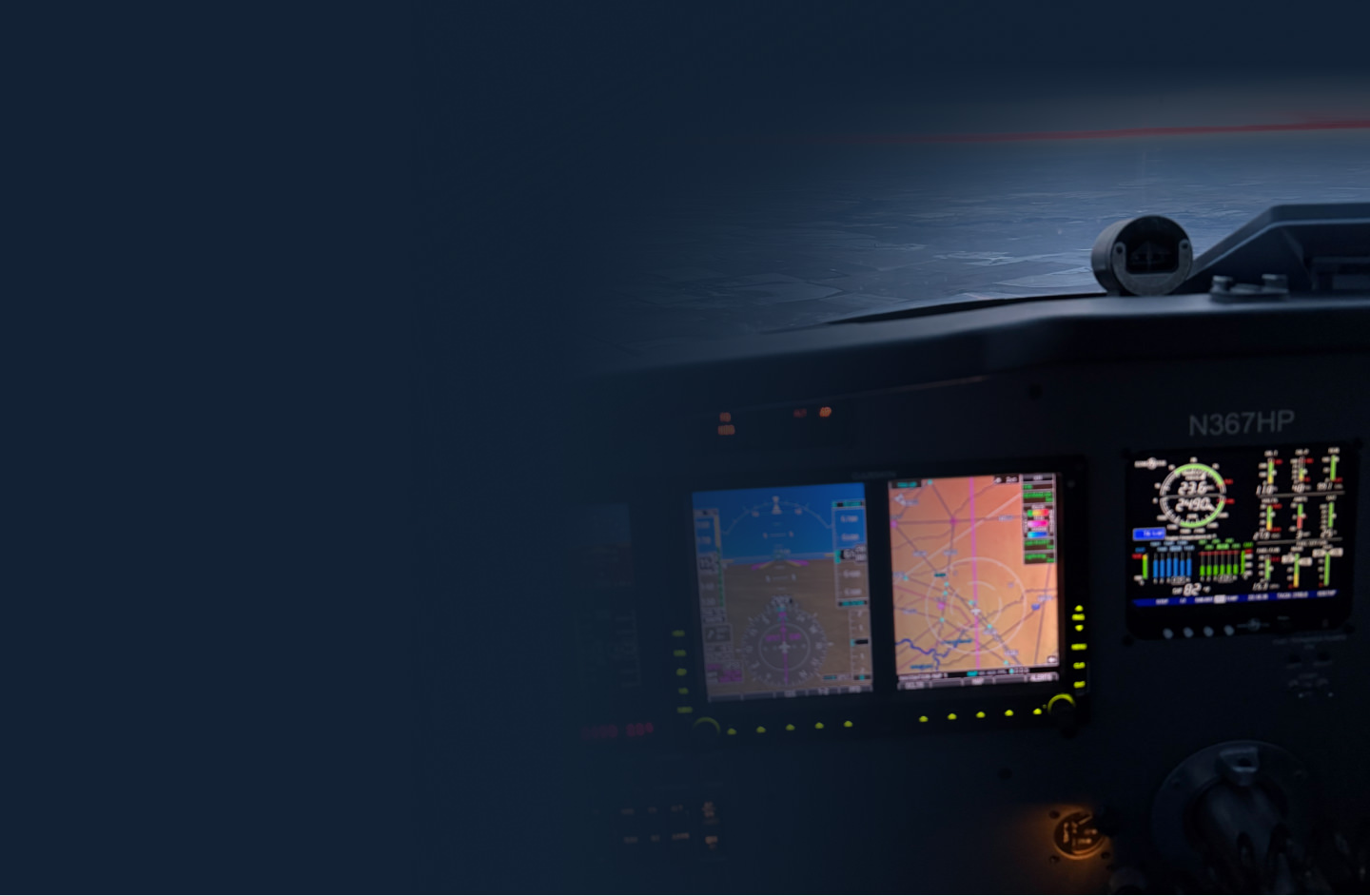How Starlink Works in the Cockpit
Just place a Starlink Mini under your windshield or mount it to a rear/side window.
Power it via USB-C (65W+), upgrade to a "Priority" plan for $65/mo (up to 390 knots), connect your devices to its WiFi, and fly.
You’ll get a constant stream of real-time data only 8Flight can offer.
NEXRAD provides meteorologists a 4D picture of the weather by having each radar site scan the atmosphere at different tilt angles about every 20 seconds. With precipitation present, they usually scan 14 different elevations -- looking 0.5 degrees up, 0.9 degrees up, 1.3 degrees up, etc.
Other apps (and ADS-B and SiriusXM) wait for a single site to complete all 14 scans in about 5 minutes before combining all of that data from every site across the country every few minutes. That's also a lot of data to process at once, so that takes a few more minutes. And if a site hadn't completed a full scan for some reason, or didn't complete one in time, it won't be considered until the next time. So by the time you're seeing it, some of that data could be 15-20 minutes old.
Instead of waiting to process all that data at once, 8Flight sends each radar sweep directly to the app and dynamically combines them there. So the data is about 30 seconds old when you first see it.
Other apps also remove a lot of detail so it's hard to see the storm's true structure or what the radar might be missing because of terrain. Sometimes that even leads to filtering out the strongest part of a cell or an entire cell altogether. 8Flight preserves the native resolution of the radar so you never miss a thing. It even alerts you to reduced coverage when an individual site hasn't reported data for several minutes.
Why Starlink + 8Flight Beats Every Other Setup

No More Update Dead Zones
Everything imaginable, at your fingertips. Airspace status and NOTAMs. Aerial imagery at an airport along the way. Up to the minute changes, winds, temperatures, PIREPs, and more.

Real-Time Radar at Altitude
See precipitation (and lightning and echo tops) with up to 50x the resolution of SiriusXM or ADS-B -- and 30 seconds of latency, not 10-20 minutes.

Live Forecasts — Not Just Observations
Access forward-looking weather like forecast radar, ceilings, visibility, and turbulence -- even just moments into the future from minutes-old model data.

Live AWOS and D-ATIS
Inflight Internet also means 1-minute AWOS data -- not just hour-old METARs -- and Digital ATIS. You don't even have to call, it's just on the map.
.png)
